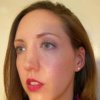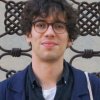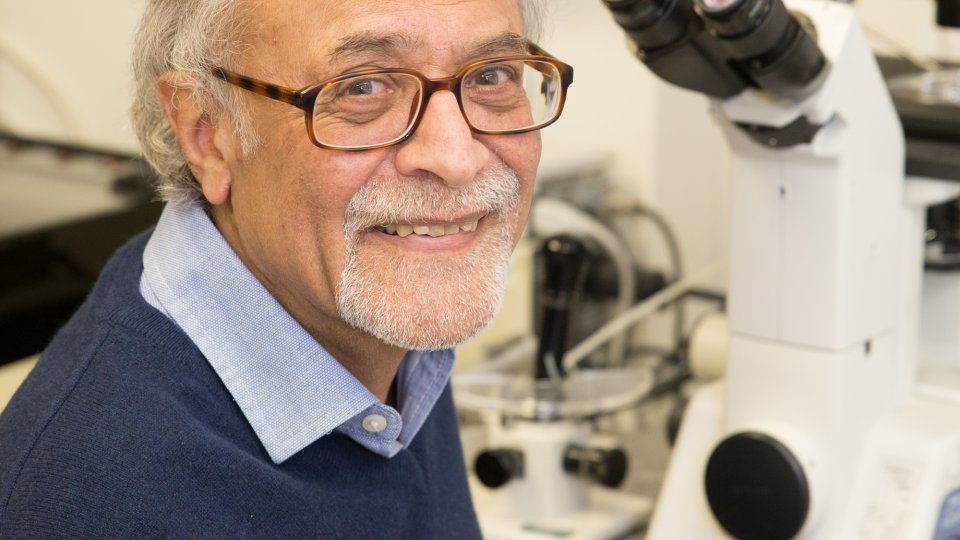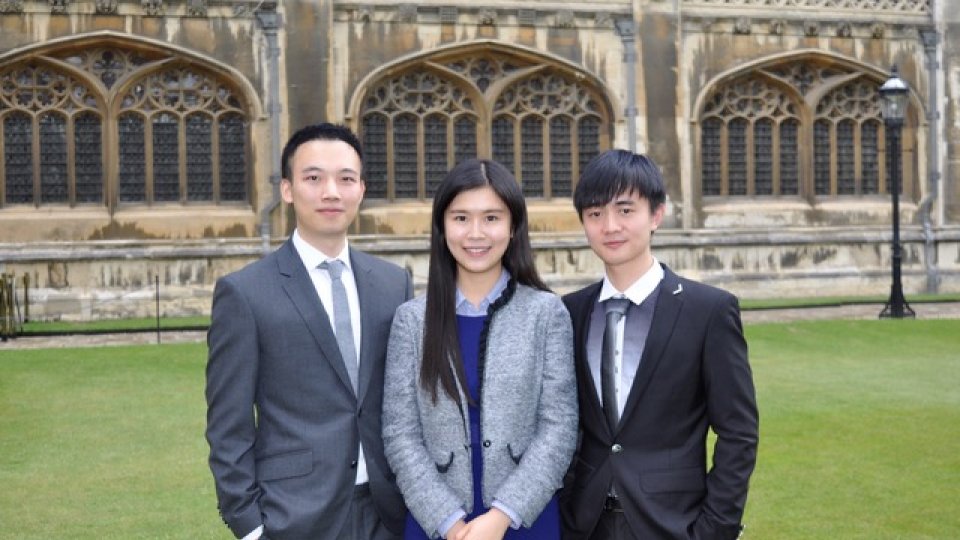The Cambridge English course is unique for combining a comprehensive study of literature from the medieval period to the present day with the chance to specialise and develop your own interests. The course embraces all literature written in the English language, which means that you can study American and post-colonial literatures alongside British literatures throughout; there are also options to specialise in either or both of these areas in your third year, and to study literature in other languages. The course also embraces all genres and periods, including writing by, for example, philosophers and essayists, as well as the more traditional genres of poetry, prose, and drama.
‘Part I’ of the course occupies the first two years and introduces you to a broad range of literature written in the English language from 1300 to the present. This is divided into four periods and you study Shakespeare as a fifth topic. This structure ensures that you try many things - from medieval dream poems to Victorian melodrama to postmodern fantasy, say - but still get to know the major authors. There are few set texts, so you can focus on topics of particular interest within each period under the guidance of our distinctive teaching system. A sixth element of Part I aims to develop your skills and critical abilities. This involves the study of 'practical criticism and critical practice', and its intention is to get you thinking about how you do what you do, when you read a book or write an essay or perform a play. It can involve anything from discussing previously unseen poems, to analysing a text's possibilities in performance, to debating recent critical theory. You will be challenged to think about what literature is, how it works, and how it can be discussed. Having acquired the overview, new skills, and comparative perspectives provided by Part I, you take Part II in your third year: an exciting, adventurous, and intense year of study. Part II has three compulsory components which exercise your new skills and knowledge. One is a dissertation on a topic of your own choice and devising, one is a further examination in ‘Practical Criticism’, and one is the study of ‘Tragedy’. You then have a free choice among various optional subjects: you can either choose two, or choose just one but write a second dissertation. The optional subjects alter slightly year to year, to reflect developments in the subject, but there is always a rich mix. Some allow you to specialize in one period, author or genre: the work of Geoffrey Chaucer, for example, or writing in the age of Henry VIII, or the short story in the 1890s–1930s, or ‘contemporary writing’. Others allow you to range widely across forms of writing and thought such as lyric poetry or moral philosophy. Some introduce literary traditions – American literature, say, or postcolonial and related literatures in English – and some introduce literature in relation to other art-forms (the links between literature and the visual arts, for instance).
English has long been a strongly-represented subject in King's, and has a history of innovative teaching and research. Many poets and novelists have studied at King’s College, from Rupert Brooke and EM Forster to Salman Rushdie and Zadie Smith. We encourage our students to pursue a broad range of interests, exploring the writing and thought of diverse times and places, and to experiment with new ways of reading and responding to texts. While here, our students often pursue interests beyond the curriculum, getting involved in performance, writing, and activism. Our graduates go on to pursue successful careers in a broad range of fields - from publishing and journalism to law, film, international development, museums and heritage, campaigning, and much else. King's College Library is well-stocked, available 24/7, and is a great place for studying and writing. The Archive Centre at King's is particularly strong in the field of early twentieth century literature, with significant collections on Forster, TS Eliot and the Bloomsbury Group. Students also have easy access to further libraries, as the College is one of the closest to the Faculty of English and English Library on the Sidgwick Site.
King's is a vibrant community full of people from all over the UK and the world, who are keen to think, to explore, to question and to create. This makes it an ideal place to study English Literature. We provide structured, supportive and expert teaching in an environment where individuality, initiative and curiosity are encouraged and supported. Each student navigates a path through the English course that best suits their intellectual interests as well as their goals and aspirations for their next steps after the undergraduate degree.
Fellows at King's in English:
We welcome candidates from all kinds of schools all over the world and from all backgrounds. Numbers vary, but we make roughly eight offers to undergradutes in a typical year.
Subject Requirements
Applicants for English should be studying English Literature at school. However, English Literature and Language A Level would also be considered, especially where English literature A level is not offered.
Every student we admit is different, with distinctive strengths and special interests. We do, however, expect all our successful applicants to read widely and deeply, whether within or outside your school curriculum. We would also encourage you to explore writing from a range of places, historical periods, and in different genres, including prose, drama, and poetry. We’re always interested to learn about any other reading (or writing, creative practice or performance) you’ve done, that you feel illuminates your understanding of literature - whether that be literary criticism, biography, history, philosophy, sociology, music, science, or anything else.
We will usually ask for an A* in English Literature.
Written Assessment
All applicants for English are required to take a written assessment if shortlisted for interview. You will not need to register in advance for this assessment and the College will provide details directly to you.
Please note that your performance in the assessment will not be considered in isolation, but will be taken into account alongside the other elements of your application.
Written Work
Once English candidates have applied through UCAS, they are required to submit two recent essays or equivalent pieces of school work on a subject of literary interest. We will provide information on how to submit this after 15th October.
Interviews
Most (but not all) candidates are asked to come to Cambridge for an interview with two Fellows in English at King's in early December. Precise interview details will be confirmed later in the year.
We encourage reading of all kinds of texts. This could be poetry or drama but it might also be, for example, political, philosophical or historical writing. Browse, explore and build on what you have already found to be of interest. If you have read one book by an author, seek out others by them, or by those whose writing intersects with theirs. If you come across a new name or an idea always look them up.






